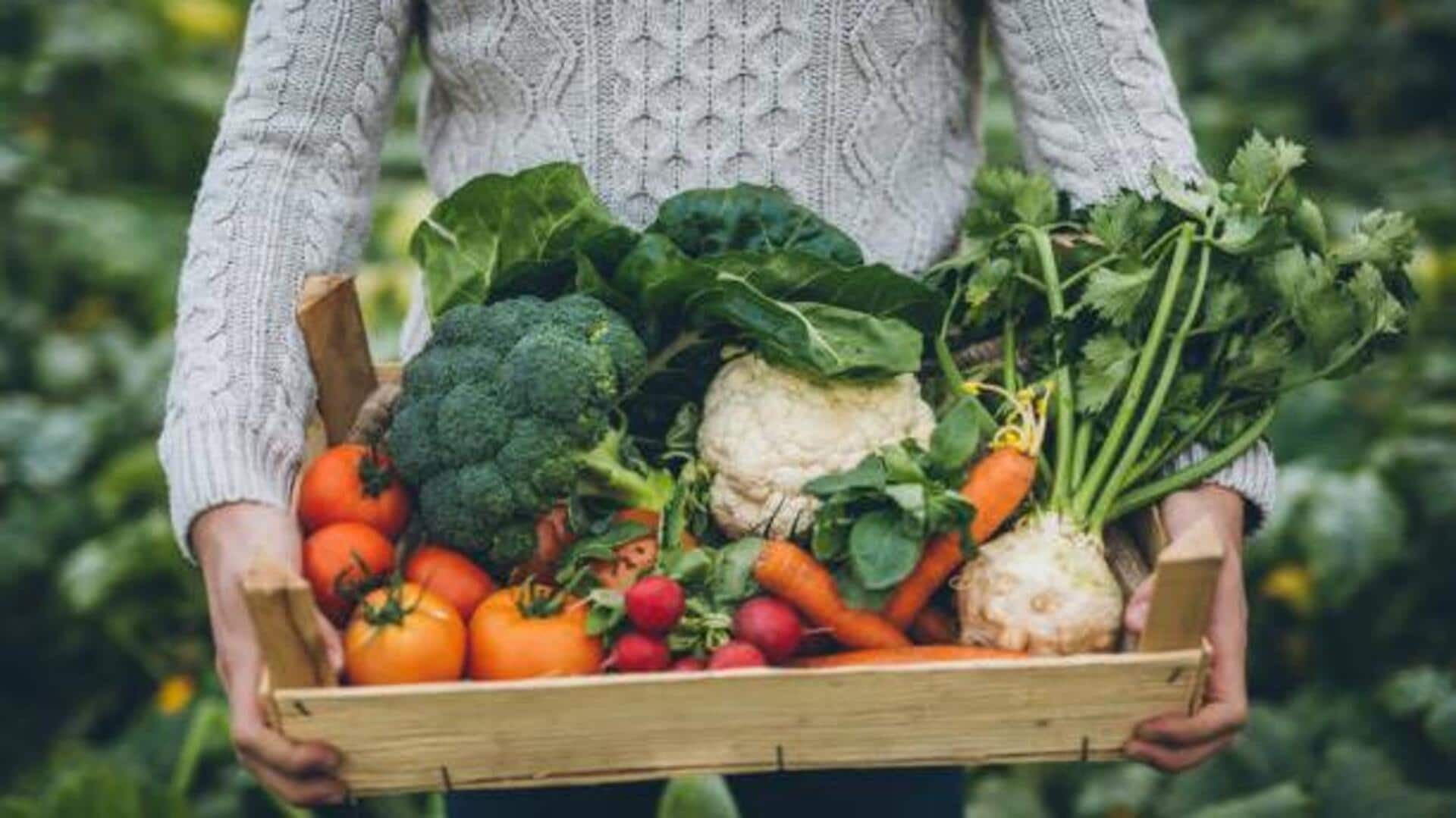
Organic v/s conventional produce: Which is healthier?
What's the story
The debate on which is healthier: organic or conventional produce, continues to rage on. In this article, we explore the differences and similarities between the two, in terms of nutritional value, pesticides, environmental impact, and cost, in an attempt to clear this complicated dilemma for consumers.
#1
Nutritional content comparison
When it comes to the nutritional value of organic versus conventional produce, studies paint a mixed picture. Some studies suggest organic foods may contain higher levels of certain nutrients such as antioxidants. However, others find no significant difference in nutrient levels of the two. The variation in findings indicates that while there may be some nutritional benefits to choosing organic, they aren't universal.
#2
Pesticide residue levels
One of the primary reasons why people choose organic food is to steer clear of pesticide residues. Organic farming practices limit synthetic pesticides and fertilizers, which may result in lower residue levels in produce. However, it should be noted that conventional produce also meets the safety standards of regulatory bodies to keep pesticide residues within safe limits for consumption.
#3
Environmental impact considerations
Organic farming usually advocates eco-friendly practices like crop rotation and limited use of chemicals. These practices can improve soil health and biodiversity relative to some conventional farming practices. However, organic farming usually requires more land (lower yield per hectare compared to conventional methods) which can negate some of the environmental benefits.
#4
Cost implications for consumers
Organic foods tend to come with a bigger price tag compared to their conventional counterparts owing to more labor-intensive farming practices and certification costs. For many consumers, this price difference can prove to be a deciding factor when choosing between organic and non-organic options at the grocery store. While some are willing to pay extra for perceived health benefits or environmental reasons, others may prioritize affordability over these factors.